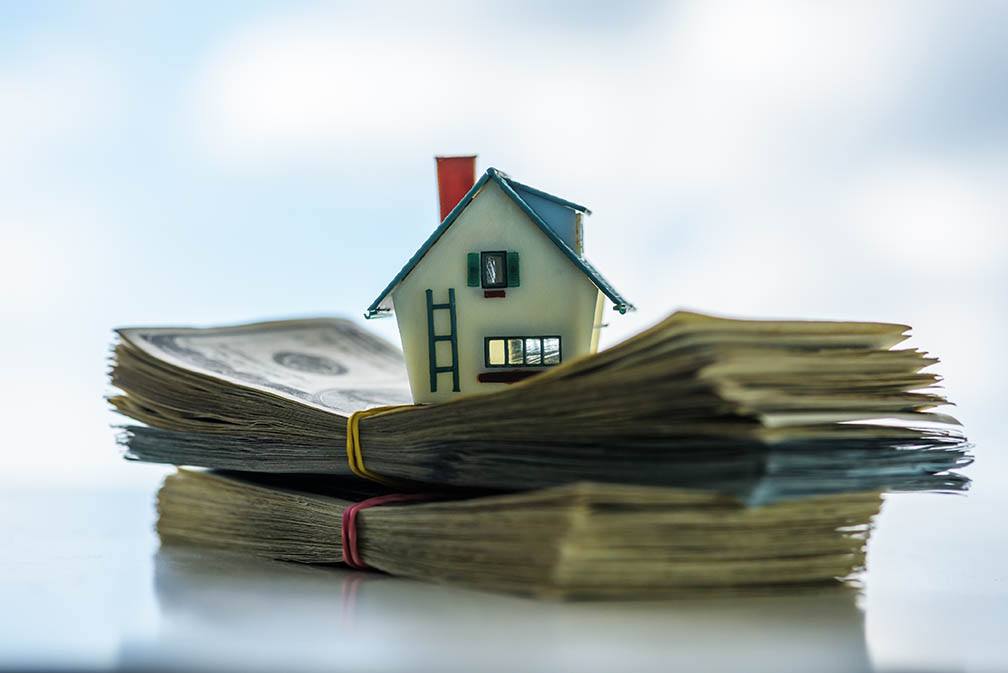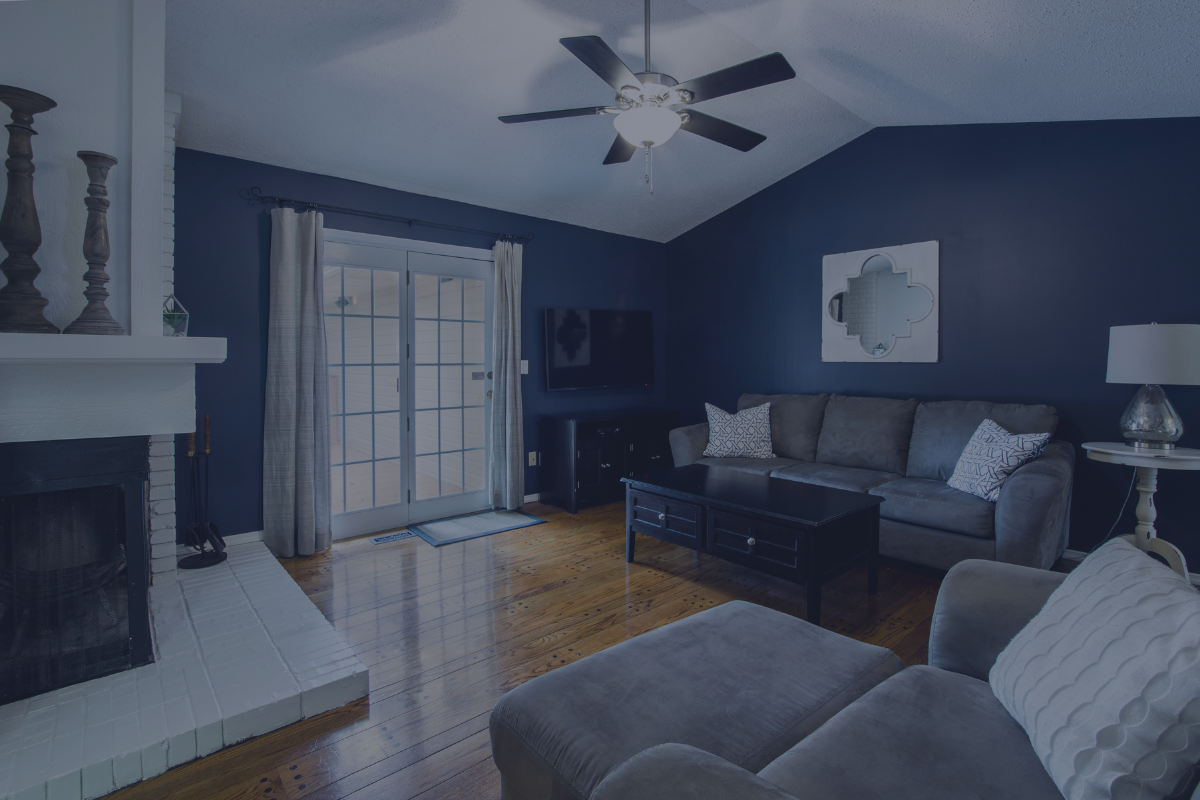 When people take out a home loan, it is important to think carefully about how the home loan works. At first, the majority of the monthly payment is going to go towards interest. For example, it is not unusual for 90 percent of the monthly mortgage payments go toward interest during the first year. Then, during the latter part of the loan, most of the payment is going to go towards paying off the principal.
When people take out a home loan, it is important to think carefully about how the home loan works. At first, the majority of the monthly payment is going to go towards interest. For example, it is not unusual for 90 percent of the monthly mortgage payments go toward interest during the first year. Then, during the latter part of the loan, most of the payment is going to go towards paying off the principal.
Therefore, it should come as no surprise that a lot of homeowners are looking for ways to reduce the amount of Interest they pay on a home loan.
For example, some homeowners consider putting a larger down payment on the home in order to reduce the amount of money they have to pay in the form of interest. Another possibility involves paying off the mortgage early; however, a mortgage prepayment fee may apply.
What Is A Mortgage Prepayment Fee?
A mortgage prepayment fee is exactly what it sounds like. This is a fee that some homeowners have to pay if they end up paying off their mortgage early. For lenders, they know that a lot of the money they are going to make comes in the form of interest. Therefore, they also understand that if their home loan gets paid off early, they are going to lose a significant amount of money. Therefore, as a way to disincentivize homeowners from paying off their home loan early and posting them interest, they apply a mortgage prepayment fee.
When Will A Mortgage Prepayment Fee Apply?
Of course, it is also important for homeowners to take a look at the contract carefully and see when a mortgage prepayment fee applies. For example, if homeowners are paying one extra monthly payment per year, then it is highly unlikely that a mortgage prepayment fee is going to apply when the home loan gets paid off early. On the other hand, if a homeowner is looking to pay off an entire home loan in 3 years, then there is a high chance that a prepayment fee is going to apply. In order to avoid this mortgage prepayment fee, every homeowner has to take a look at their contract carefully.
 Last week’s economic reporting included readings from the National Association of Home Builders Housing Market Index, along with Commerce Department readings on housing starts and building permits issued. The National Association of Realtors® reported on sales of previously-owned homes; weekly readings on mortgage rates and jobless claims were also released.
Last week’s economic reporting included readings from the National Association of Home Builders Housing Market Index, along with Commerce Department readings on housing starts and building permits issued. The National Association of Realtors® reported on sales of previously-owned homes; weekly readings on mortgage rates and jobless claims were also released. There are lots of homeowners who are looking for a way to improve the quality of their home while also increasing the value of their property. Unfortunately, a lot of home improvement ideas can be prohibitively expensive. It is not unusual for homeowners to spend six figures on a renovation project. On the other hand, there are also home improvement ideas that will not break the bank.
There are lots of homeowners who are looking for a way to improve the quality of their home while also increasing the value of their property. Unfortunately, a lot of home improvement ideas can be prohibitively expensive. It is not unusual for homeowners to spend six figures on a renovation project. On the other hand, there are also home improvement ideas that will not break the bank. There are a lot of people who are spending more time at home these days. As the temperature starts to warm up once again, there are some homeowners who are looking for ways to upgrade the outside of their home. Even though there are some people who are looking at installing a brand new patio or deck, this can be extremely expensive. Fortunately, there are ways that homeowners can completely transform the exterior of their home without breaking the bank. Take a look at a few of the top ideas below.
There are a lot of people who are spending more time at home these days. As the temperature starts to warm up once again, there are some homeowners who are looking for ways to upgrade the outside of their home. Even though there are some people who are looking at installing a brand new patio or deck, this can be extremely expensive. Fortunately, there are ways that homeowners can completely transform the exterior of their home without breaking the bank. Take a look at a few of the top ideas below. Finding the perfect property is an exciting feeling, but its relative location can leave a lot of room for worry. Buying a home in the city is a venture that comes with an entire assortment of advantages and disadvantages. While the location might be close in proximity to businesses, services, and other people, it’s easy to worry about the other aspects of city living. What are the great and not-so-great facets of living on a busy street?
Finding the perfect property is an exciting feeling, but its relative location can leave a lot of room for worry. Buying a home in the city is a venture that comes with an entire assortment of advantages and disadvantages. While the location might be close in proximity to businesses, services, and other people, it’s easy to worry about the other aspects of city living. What are the great and not-so-great facets of living on a busy street? Last week’s economic reports included readings on inflation, retail sales, and a speech by Federal Reserve Chair Jerome Powell. Weekly readings on mortgage rates and jobless claims were also released.
Last week’s economic reports included readings on inflation, retail sales, and a speech by Federal Reserve Chair Jerome Powell. Weekly readings on mortgage rates and jobless claims were also released.